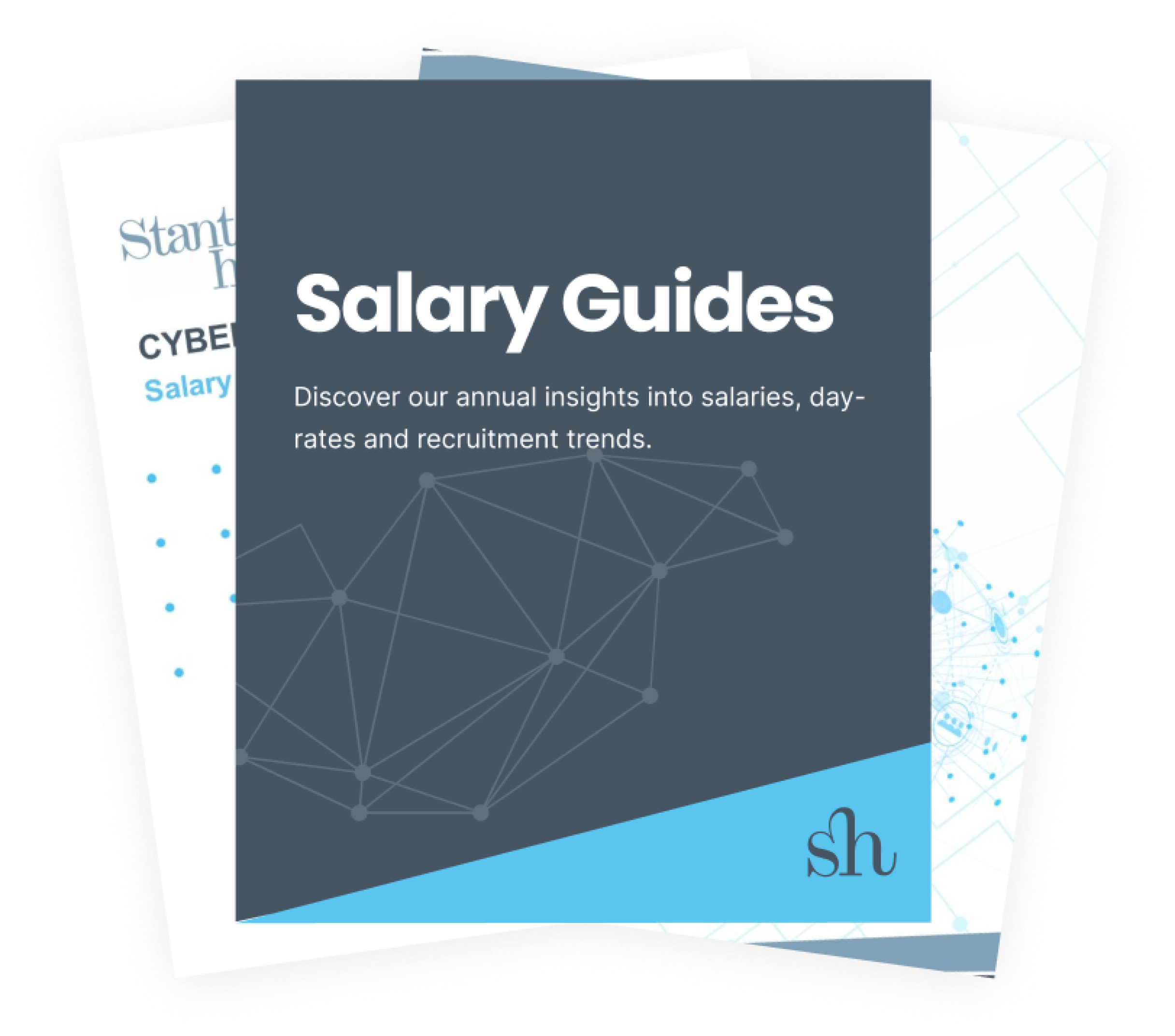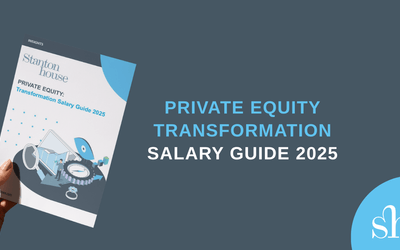

Leading with Empathy: Strategies for Cultivating Mental Well-being in the Workplace
As a HR advisor, I know the transformative impact that prioritising mental well-being can have on organisational culture, employee satisfaction, and overall performance.
In the spirit of Mental Health Awareness Week, I wanted to create some #movement on this topic, and in this blog, I'll share valuable insights on why mental health awareness matters, along with practical strategies for enhancing mental well-being in the workplace.
The reality of mental health struggles
A 2024 study of 2,000 UK adults found that over 1 in 7 say that their mental health is currently either bad, or the worst it’s ever been. It is also worth noting that more women than men are currently struggling with poor mental health (18.5% of women vs 12.5% of men) and young people (aged 16-24) with nearly a quarter (23.5%) describing their mental health as either bad or the worst it’s ever been. Additionally, the same study also found:
- In the UK someone searches for ‘How to reduce stress’ every 10 minutes
- An average of 7,100 searches are conducted every month for ‘anxiety treatment’
- And 12,100 searches are made for ‘mental health helpline’
These stats highlight the sad reality that the UK is in the grip of a mental health crisis. There’s no shortage of headlines or data detailing the sharp rise in mental ill health that began shortly after the first lockdown. This isn’t limited to the UK; indeed, this mental health crisis is a global one. According to the World Health Organisation (WHO):
- The global economy loses more than US$ 1 trillion per year due to depression and anxiety
- Depression affects 264 million people in the world · People with severe mental conditions die 10-20 years earlier than the general population
- In low- and middle-income countries between 76% and 85% of people with mental health conditions receive no treatment for their condition, despite the evidence that effective interventions can be delivered in any resource context
- Globally there is less than 1 mental health professional for every 10,000 people
So, what can be done to tackle this crisis and why should employers care?
The significance of mental health awareness in the workplace
Creating inclusive and mentally healthy workplaces for all staff including those with mental health problems is the responsible thing to do. But employers in the UK also have a legal duty to make reasonable adjustments to any employee experiencing a disability under the Equality Act 2010, which can include a mental health problem, if it has a substantial, adverse, and long-term effect on normal day-to-day activities.
The term "substantial" means that the effect of the impairment on the individual's ability to carry out day-to-day activities must be more than minor or trivial. The term "long-term" means that the effect of the impairment must have lasted or be likely to last for at least 12 months or be a condition that is likely to recur.
So, if a mental health condition meets the definition of a disability under the Equality Act, then the person would be entitled to protection against discrimination. This applies even if an employee does not hold a formal diagnosis for a specific condition or illness and they do not need a diagnosis to take an employer to a tribunal.
Sadly, due to outdated assumptions about people with mental health problems, many individuals today are, consciously and unconsciously, discriminated against in the world of work and therefore disclosure of a mental health condition is not always given through fear of discrimination. This is where raising awareness of mental ill health across your organisation can really help to break the stigma and help those in need of support.
Over and above any legal obligation, however, it’s also no secret that proactively addressing mental health concerns and increasing awareness across your organisation, through specific initiatives, can also reduce absenteeism and increase the retention of top talent.
A recent report from Personnel Today found that almost half of UK workers are 'running on empty,' with burnout, mental ill health, and work-related stress now costing the economy £28 billion annually.
So, the numbers all show that it’s not a matter employers can ignore!
Yet a recent Deloitte Insights2Action report revealed that 70% of managers believe they face organisational barriers to supporting staff wellbeing including company policies, a heavy workload, an unsupportive workplace culture, and not being equipped with the right skills - all highlighting the need for businesses to provide adequate training and support to their leaders.
Here are some actionable steps businesses can take to improve mental health awareness…
Top strategies to foster mental health awareness
1. Promote open communication: Foster a culture of openness where employees feel safe discussing mental health concerns without fear of judgement. Regular check-ins and dedicated forums for mental health discussions can provide a supportive environment for employees to share their experiences.
2. Provide comprehensive training: Invest in mental health training for managers and staff to equip them with the necessary skills to recognise signs of distress and offer appropriate support. Partnering with organisations like Oakleaf, which offer Mental Health First Aid training and bespoke awareness sessions, can enhance employee knowledge and confidence in addressing mental health issues.
3. Offer flexible working arrangements: Implement flexible work schedules and remote working options to accommodate employees' individual needs. Stanton House's Work From Anywhere (WFA) policy and flexi-hours empower employees to work from different environments and tailor their schedules, promoting better work-life balance and increasing engagement and retention.
4. Promote work-life balance: Encourage employees to prioritise self-care activities and utilise their annual leave days. Providing resources such as mindfulness workshops and yoga classes can support employees in maintaining a healthy work-life balance, reducing stress and enhancing overall well-being.
5. Provide access to support services: Offer access to employee assistance programmes (EAPs), counselling services, and mental health resources to support employees' well-being. Ensuring employees are aware of available support services and how to access them confidentially is essential for promoting a supportive workplace culture.
The Stanton House Empathy Series
Point 1 above is an important one for me. I don’t believe that we can pretend that work and life can be completely separate and that what happens in our lives doesn’t affect how we perform and act in the workplace. At Stanton House, we created our own internal initiative called the ‘Stanton House Empathy Series’ where we created a monthly forum for employees to share their lived experiences across topics related to mental health including menopause, anxiety, men's mental health, chronic illness and body image to name a few!
The stories shared and the resulting emotion experienced by those listening is beyond what we could have imagined. True empathy in action was the result. The outpouring of support and kindness to colleagues has been truly amazing to see.
Useful resources
Samaritans:
- Phone: 116 123 (free, available 24/7)
- Website: Samaritans
Mind Infoline:
- Phone: 0300 123 3393 (Monday to Friday, 9 am to 6 pm)
- Email: info@mind.org.uk
- Text: 86463
- Website: Mind
Rethink Mental Illness:
- Phone: 0808 801 0525 (Monday to Friday, 9.30 am to 4 pm)
- Email: info@rethink.org
- Website: Rethink Mental Illness
CALM (Campaign Against Living Miserably):
- Phone: 0800 58 58 58 (available 5 pm to midnight every day)
- Website: CALM
YoungMinds:
- Phone (Parents’ Helpline): 0808 802 5544 (Monday to Friday, 9.30 am to 4 pm)
- Text (YoungMinds Crisis Messenger): Text “YM” to 85258
- Website: YoungMinds
Download our guide:Why Empathy Matters
If you are interested in using our concept, content and materials, please reach out to our Learning & Development Partner, Esther Boffey. We are happy to share more details with you. You can also download our insight paper, ‘Why Empathy Matters in the World of Work’ by filling in the form at the bottom of this blog.
In conclusion, by nurturing an environment where mental well-being is valued, businesses can create a happier, healthier, and more resilient workforce, driving long-term success and prosperity. Let's commit to making mental health a priority and investing in the well-being of our greatest asset - our people.

















